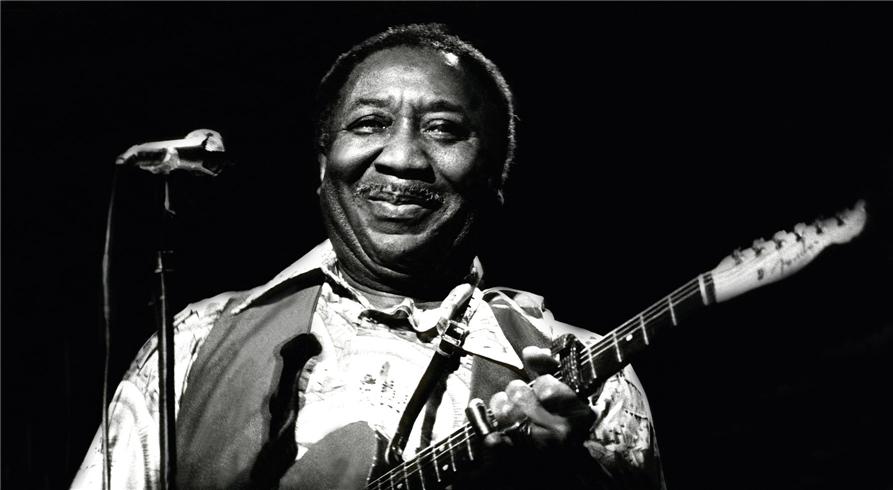Muddy Waters, born McKinley Morganfield on April 4, 1913, in Issaquena County, Mississippi, is widely regarded as one of the most influential figures in the history of blues music. His journey from the cotton fields of the Mississippi Delta to the pinnacle of global recognition epitomizes the resilience and creative genius of the American musical tradition.
Growing up in a sharecropping family, Muddy experienced the hardships of rural life firsthand. He began playing music at a young age, learning the guitar and harmonica, and soaking up the sounds of the Delta blues that echoed through the region. Inspired by artists like Son House and Robert Johnson, he honed his craft and developed a distinctive style characterized by his deep, soulful voice and electrifying slide guitar technique.
- Origins of the Name: Muddy Waters was born McKinley Morganfield in Issaquena County, Mississippi, in 1913. He got his nickname “Muddy Waters” from his grandmother, who referred to him by that name because he loved to play in the muddy waters of nearby Deer Creek.
- Pioneer of Blues: Muddy Waters is often hailed as the “father of modern Chicago blues.” His innovative style fused Delta blues with amplified electric instruments, laying the groundwork for the emergence of rock and roll.
- Electric Blues Revolution: Waters’ move to Chicago in the late 1940s marked a pivotal moment in his career. He plugged in his guitar and embraced amplification, transforming the acoustic blues sound into the electrifying Chicago blues that influenced generations of musicians.
- Chess Records: Muddy Waters signed with Chess Records in 1947, becoming one of their flagship artists. His partnership with Chess yielded numerous hits, including classics like “I Can’t Be Satisfied,” “Rollin’ Stone,” and “Hoochie Coochie Man.”
- Impact on Rock and Roll: Waters’ music had a profound influence on the development of rock and roll. Artists like The Rolling Stones, Eric Clapton, and Led Zeppelin drew inspiration from his raw, emotive style, introducing his music to a broader audience.
- Grammy Awards: Despite his humble beginnings, Muddy Waters received several Grammy Awards during his lifetime. In 1972, he won the Grammy Award for Best Ethnic or Traditional Recording for his album “They Call Me Muddy Waters.”
- Rock and Roll Hall of Fame: In 1987, Muddy Waters was posthumously inducted into the Rock and Roll Hall of Fame, recognizing his monumental contributions to the genre. He was one of the inaugural inductees in the Hall of Fame’s “Early Influences” category.
- Crossing Musical Boundaries: Muddy Waters was known for collaborating with musicians from diverse genres. He famously teamed up with The Band for the iconic concert film and album “The Last Waltz,” showcasing his ability to bridge the gap between blues, rock, and folk music.
- Enduring Legacy: Muddy Waters’ influence extends far beyond his own lifetime. His songs have been covered by countless artists across various genres, ensuring that his musical legacy continues to resonate with new generations of listeners.
- Cultural Impact: Beyond his musical contributions, Muddy Waters played a significant role in elevating the status of African American musicians in the music industry. His success and acclaim helped break down racial barriers and paved the way for future generations of black artists.


No responses yet